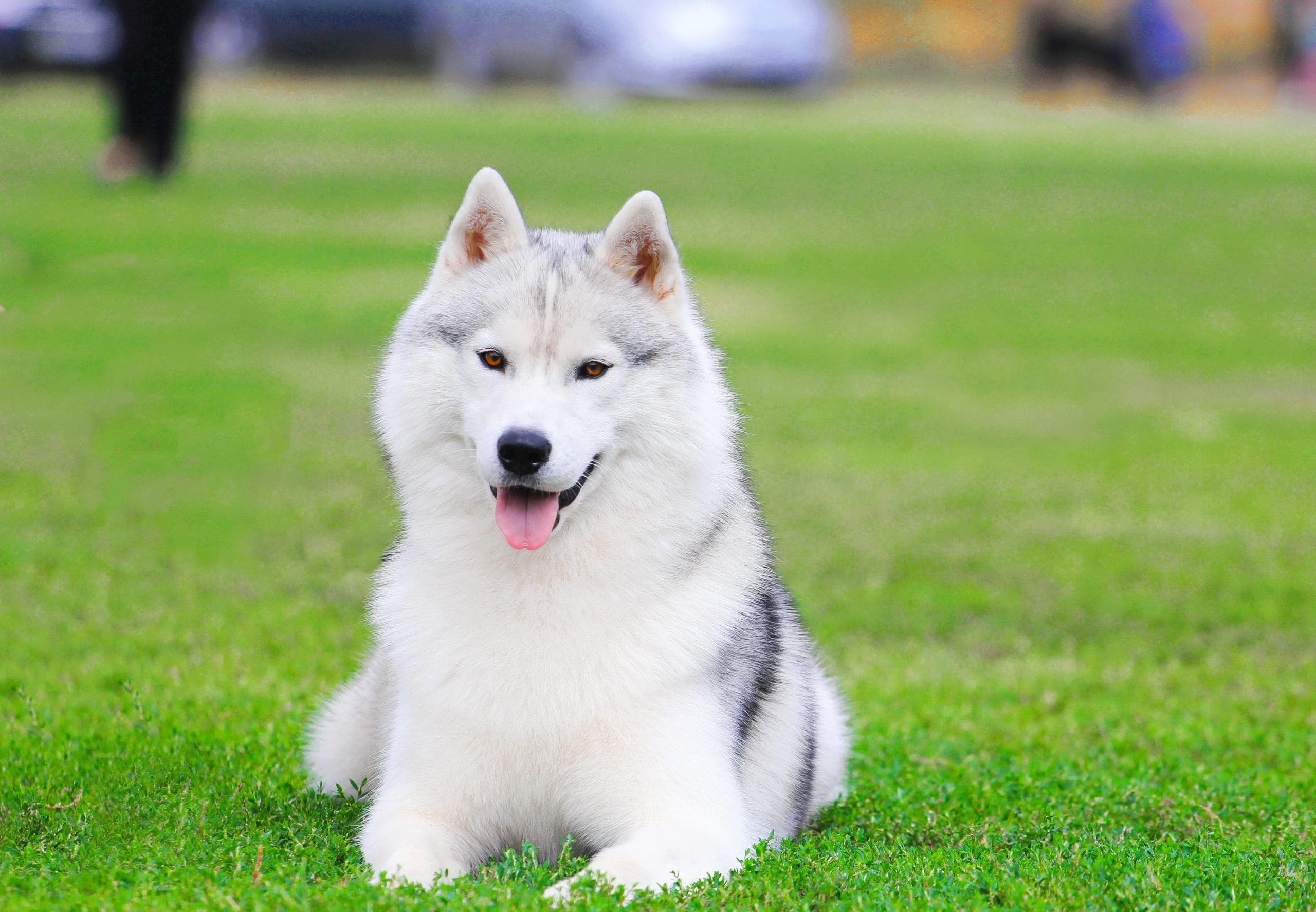When Do Chihuahuas Stop Growing?
Post Date:
December 10, 2024
(Date Last Modified: December 10, 2024)
Chihuahuas are among the smallest dog breeds, celebrated for their vibrant personalities and affectionate nature. If you’re a proud owner or contemplating bringing a chihuahua into your home, understanding their growth patterns is essential for providing optimal care and setting realistic expectations regarding their size and behavior.
When Do They Stop Growing?
Chihuahuas typically reach their full size much sooner than larger breeds, usually around 12 months of age. However, variations can occur due to genetics, diet, and overall health. In the initial months, chihuahuas experience rapid growth. A newborn may weigh just a few ounces, but by eight weeks, they can reach around two pounds. This early growth phase is vital for their development, as they start socializing, transitioning to solid food, and exploring their surroundings. By six months, many chihuahuas weigh between three to six pounds, influenced by their lineage and birth size. As they approach the one-year mark, most chihuahuas attain their adult weight, although some may continue to fill out until about 18 months, particularly those from larger bloodlines. Each dog is unique, and factors like genetics and nutrition significantly impact growth.
The Role of Genetics and Nutrition
Genetics profoundly influences a chihuahua’s growth. The size of their parents often provides a reliable indication of how large they will become. Smaller parents typically yield petite puppies, while larger lineages may produce dogs exceeding the breed standard, which generally ranges from two to six pounds.
Nutrition plays a crucial role in their growth and development. A balanced diet rich in essential nutrients ensures healthy growth rates. High-quality puppy food is designed to support the needs of developing dogs, while transitioning to adult dog food once they reach maturity helps maintain a healthy weight. Proper nutrition not only fosters growth but also contributes to overall well-being.
Health Considerations
Health factors can also affect a chihuahua’s growth trajectory. Regular veterinary check-ups are vital for monitoring development. Conditions such as dental problems or parasites can hinder nutrient absorption, impacting growth. Vigilance regarding your chihuahua’s health and timely intervention for any concerns can help them reach their full growth potential.
Behavioral Development
Growth encompasses more than just size; chihuahuas undergo various developmental stages that influence behavior and temperament. As they grow, they experience bursts of energy, playfulness, and occasional stubbornness. Understanding these phases aids in managing their behavior effectively. The adolescent stage, occurring between six months and two years, often involves boundary testing and increased independence. Patience and consistent training are important during this time.
The Importance of Socialization
Socialization is vital for a chihuahua’s development. Early exposure to diverse people, environments, and other pets fosters well-adjusted adults. Without proper socialization, chihuahuas may develop anxiety or fearfulness. Positive experiences during their formative months are crucial; enrolling them in puppy classes or organizing playdates with other dogs can be immensely beneficial.
Caring for Adult Chihuahuas
As chihuahuas transition into adulthood, maintaining their health is paramount. Regular exercise, including daily walks and playtime, is necessary for keeping them fit and managing weight. Though small, they thrive on mental stimulation and interactive activities that channel their energy positively.
Chihuahuas are known for their strong personalities, which can lead to behavioral challenges if not managed properly. Early and consistent training using positive reinforcement techniques works best, as they respond well to praise and rewards. Establishing clear boundaries helps them understand acceptable behavior.
Grooming and Health Maintenance
Grooming is another essential aspect of chihuahua care. Despite their short coat, regular brushing reduces shedding and promotes skin health. Dental care is critical as well; chihuahuas are prone to dental issues. Regular brushing and dental check-ups help prevent future complications.
As chihuahuas mature, their temperament may evolve. Adult chihuahuas typically become more settled and less hyperactive than their puppy counterparts. However, they may retain a protective instinct, a characteristic of the breed. Understanding these traits fosters a strong bond between you and your dog.
Nurturing a Happy Companion
Chihuahuas generally stop growing around 12 months, with some filling out until 18 months. Genetics, nutrition, and health significantly influence their growth. Providing the right care ensures your chihuahua develops into a healthy, happy adult. By focusing on nutrition, regular veterinary care, socialization, training, and exercise, you can support your chihuahua at every life stage.
Being attentive to their needs and recognizing the unique traits of this breed creates a loving and supportive environment. Embrace the rewarding experience of raising a chihuahua, and cherish the loyal companionship they bring to your life.





